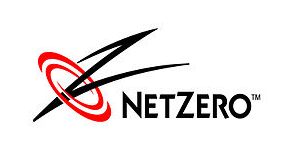You may have heard the term “Zero New Energy” (ZNE) or “Net Zero” used to describe apartment communities recently. Perhaps you heard this and were thinking to yourself, “say what?!”
Simply stated, a Zero Net Energy community or building is one that, on an annual basis, produces as much or more energy than it consumes.
There are several ways that a community can achieve this status, but it will not be without careful design, planning, and involvement from all parties involved (residents, management, executives, developers, etc.).
Here are some ways communities are working to achieve ZNE:
Energy Reduction
- High Performance Windows and Glass
- Roofs Designed to Reflect Sunlight and Minimize Heat Gain
- High Efficacy Lighting Technology
- Upgraded Insulation
- Sunshades Designed Specific to Each Solar Orientation
- High-Efficiency Electric Heat Pump Heating and Cooling Systems
- Energy Saving Appliances
Energy Production
- Solar Panels Designed to Provide Entire Energy Load
- Regenerative Elevators
In addition to making as much energy as they consume, often ZNE communities have other sustainable practices in place to promote a conservation culture. Examples include:
Water Conservation
- Low-Flow Plumbing Fixtures (faucet, toilets, etc.)
- Energy and Water Saving Appliances
- Use of Drought-tolerant and Native Plants
- Use of Smart Irrigation Systems
Water Retention
- Swales, Rain Gardens, and Detention Ponds
Interiors Features
- Use of Low VOC Interior Paint and Other Sustainable Building and Finishing Products
- Recycled and Eco-Friendly Interior Finishes
Resident and Community Engagement
- Programs to actively engage residents in energy conservation and sustainability efforts
- Support of local community or community outreach to promote conservation
- A culture of Conservation
ZNE communities are not just a cool trend to admire from afar. Some local municipalities are now requiring that new buildings be ZNE. In fact, the California Public Utilities Commission (CPUC) has created policy requiring all new residential statewide construction to be ZNE by 2020.
As an owner or operator, it is important to be informed about your local building policies and about the benefits of ZNE communities, as they are becoming more and more prevalent in our industry today.
